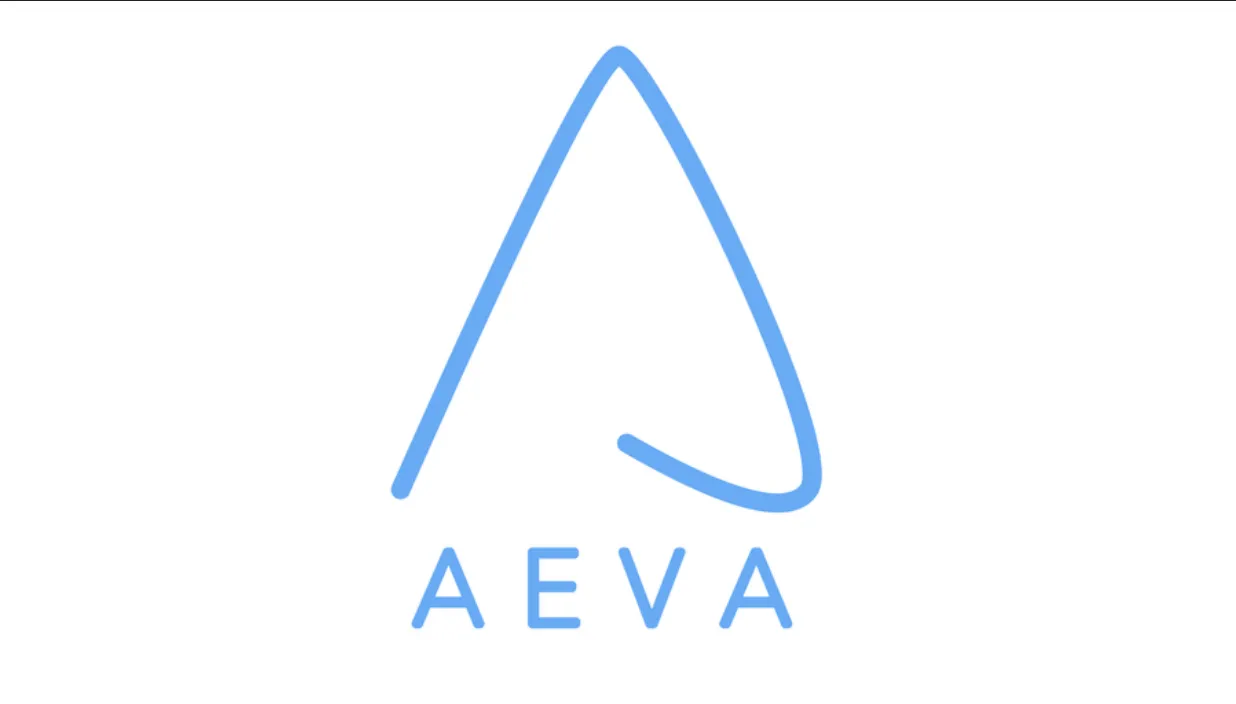
Meta can’t get enough of that sunshine!
This week, the social media giant announced an expansion of its partnership with ENGIE North America, signing new power purchase agreements (PPAs) that push their joint solar portfolio to more than 1.3 gigawatts of clean energy across four massive projects in Texas.
That’s enough juice to power over 250,000 homes, or, in Meta’s case, an ever-growing fleet of energy-hungry data centers. It’s also another powerful signal that Big Tech isn’t eschewing solar in its quest for cheap, reliable electricity.
It’s also a powerful signal that Big Tech isn’t just flirting with renewables anymore. It’s locking in industrial-scale commitments to secure uninterrupted supplies of electricity that are paramount to operational effectiveness and of course, profitability.
It’s not green credibility. It’s just smart business.
There’s no question that data centers are huge power hogs.
AI training runs, machine learning pipelines, and crypto mining powerhouses require staggering amounts of electricity. In some regions, a single hyperscale data center can consume as much power as a small city.
So when a company like Meta signs long-term PPAs for solar energy, it’s not doing so for some “green” credibility. It’s doing it because it’s smart business. It’s doing it because this is one of many ways the company can hedge against energy volatility and unpredictable pricing from legacy fossil fuel power plants. And it’s doing it with companies that are not only providing solar, but back-up battery storage as well. And therein lies the rub.
You see, ENGIE North America also has ~2 GW of operational grid-scale storage in North America with about another 2 GW under construction. We believe there will actually be even more in 2026 because the concept of energy storage is no longer a niche. It’s a platform. Simply put: if you’re using solar, you’re also using storage. Because if you’re servicing huge data centers, which require unobstructed reliability, you need storage. It’s just not an option, anymore. This is why we’re particularly bullish on solar developers that also provide battery backup.
To be honest, solar developers that lack access to battery backup will ultimately go the way of the typewriter and rotary phone. I don’t say this to be crass. It’s merely an observation of truth.
One company in particular that’s been using its solar and backup battery systems to lock in millions of dollars worth of contracts in the U.S. and Canada is PowerBank (NASDAQ: SUUN). The company currently has nearly $200 million in assets built and under management.
Worth noting: Just a couple weeks ago, PowerBank announced a major deal with the New York State Division of Military and Naval Affairs (DMNA) for the development of a 20 MW portfolio of ground mounted solar, rooftop and parking canopy solar power projects, and battery energy storage systems.
If you’re unfamiliar, the DMNA is New York’s executive agency responsible for managing the state’s military forces, which consists of nearly 20,000 personnel.
This particular project will be located at a variety of New York Army National Guard facilities across New York State, and serve these 20,000 military personnel for a minimum of 20 years. This is a big deal. Here’s more: https://powerbankcorp.com/20-mw-of-solar-and-bess-power-purchase-agreements-secured-by-powerbank-with-the-new-york-state-division-of-military-and-naval-affairs-dmna/
Disclaimer
We are not an investment advisor and is not registered with the U.S. Securities and Exchange Commission or the Financial Industry Regulatory Authorities. Further, our owners, employees, agents are not acting as investment advisors and might not be registered with the U.S. Securities and Exchange Commission or the Financial Industry Regulatory Authorities.
The sender of this email makes no representations or warranties concerning the products, practices or procedures of any company or entity mentioned or recommended in this email, and makes no representations or warranties concerning said company or entity’s compliance with applicable laws and regulations, including, but not limited to, regulations promulgated by the SEC or the CFTC. The sender of this email may receive a portion of the proceeds from the sale of any products or services offered by a company or entity mentioned or recommended in this email. The recipient of this email assumes responsibility for conducting its own due diligence on the aforementioned company or entity and assumes full responsibility, and releases the sender from liability, for any purchase or order made from any company or entity mentioned or recommended in this email.
The content on any of our websites, products or communication is for educational purposes only. Nothing in its products, services, or communications shall be construed as a solicitation and/or recommendation to buy or sell a security. Trading stocks, options and other securities involves risk. The risk of loss in trading securities can be substantial. The risk involved with trading stocks, options and other securities is not suitable for all investors. Prior to buying or selling an option, an investor must evaluate his/her own personal financial situation and consider all relevant risk factors.
The information presented in this site is not intended to be used as the sole basis of any investment decisions, nor should it be construed as advice designed to meet the investment needs of any particular investor. Nothing in our research constitutes legal, accounting or tax advice or individually tailored investment advice. Our research is prepared for general circulation and has been prepared without regard to the individual financial circumstances and objectives of persons who receive or obtain access to it. Our research is based on sources that we believe to be reliable. However, we do not make any representation or warranty, expressed or implied, as to the accuracy of our research, the completeness, or correctness or make any guarantee or other promise as to any results that may be obtained from using our research. To the maximum extent permitted by law, neither we, any of our affiliates, nor any other person, shall have any liability whatsoever to any person for any loss or expense, whether direct, indirect, consequential, incidental or otherwise, arising from or relating in any way to any use of or reliance on our research or the information contained therein. Some discussions contain forward looking statements which are based on current expectations and differences can be expected. All of our research, including the estimates, opinions and information contained therein, reflects our judgment as of the publication or other dissemination date of the research and is subject to change without notice. Further, we expressly disclaim any responsibility to update such research. Investing involves substantial risk. Past performance is not a guarantee of future results, and a loss of original capital may occur. No one receiving or accessing our research should make any investment decision without first consulting his or her own personal financial advisor and conducting his or her own research and due diligence, including carefully reviewing any applicable prospectuses, press releases, reports and other public filings of the issuer of any securities being considered. None of the information presented should be construed as an offer to sell or buy any particular security. As always, use your best judgment when investing.
Disclaimer: Past performance is no guarantee of future performance. This product is for educational purposes only. Practical application of the products herein are at your own risk and our partners, representatives and employees assume no responsibility or liability for any use or mis-use of the product. Please contact your financial advisor for specific financial advice tailored to your personal circumstances. Any trades shown are hypothetical example and do not represent actual trades. Actual results may differ. Nothing herein constitutes a recommendation respecting the particular security illustrated.








.webp)